Concerns over the sustainability of exporting Tetra Pak drinks cartons for recycling and energy generation have emerged as a potential stumbling block to increased kerbside collections of the material.
That is the finding of an in-depth investigation by letsrecycle.com into the collection and recycling of drinks cartons in the UK.
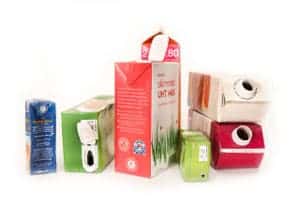
Minutes, campaign documents and comments obtained from a range of local authorities currently not collecting the items at the kerbside paint a picture of council uncertainty over the lack of domestic reprocessing capacity.
Furthermore, a recurrent theme particularly from Hampshire county council and Cornwall council is concern over the sustainability of material being sent to Europe, mainly Sweden, for reprocessing and energy generation.
Drinks cartons are comprised of cardboard, a plastic lining and aluminium, and the use of the component materials makes them difficult for many reprocessors to recycle.
As the largest drinks carton manufacturer in the UK by far, Tetra Pak has producer responsibilities under the Packaging Regulations to ensure that a set percentage of metals, plastics and cardboard is recycled each year in relation to the number of drinks cartons it places on the market but this obligation does not require it to fund the recycling of cartons in particular.
As a result, and driven by public pressure, the company has self-imposed targets for recycling a set percentage of drinks cartons each year beginning with 10% in 2008.
And, at present 32% (130) of local authorities provide kerbside collections of Tetra Pak and the drinks carton manufacturing company claims that this equates to 18.9 million people having access to Tetra Pak recycling at the kerbside. This is in addition to 1,500 Tetra Pak recycling banks throughout the UK.
Funding for the establishment of bring banks and collection of material is covered by the Alliance for Beverage Cans and the Environment (ACE UK) which represents Tetra Pak and fellow carton manufacturers SIG and Elopak.
However, suggestions in the council documents show that while residents are keen for the material to be collected, a host of councils have raised issues over its inclusion at the kerbside.
Capacity
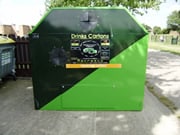
One of the key concerns for councils is the lack of domestic reprocessing capacity. At present, there is no UK-based reprocessing site since the closure of the 15,000 tonnes-a-year Smith Anderson mill in Fife in 2006.
Tetra Pak has since discussed developing a successor to the Smith Anderson mill, although no firm plans have been realised. Therefore, the majority of material collected is exported for reprocessing, with the Orebro Plasterboard Mill in Sweden recognised as one of the main destinations.
It is understood that 65-70% of material reprocessed at this plant is pulped to be made into recycled paper products, while plastics and metals extracted from the cartons is used in renewable energy generation.
The issue of sustainability was highlighted by Aylesbury Vale district council in a notice on its website to alert residents to the reasons behind its lack of recycling outlets, either at the kerbside or elsewhere, for Tetra Paks in the Buckinghamshire local authority area.
It states: Tetra Paks are recyclable and there are a few councils that provide bins at recycling bank sites. However there are no facilities in the UK that reprocess Tetra Paks and food cartons, therefore this bulky, but light material has to be shipped to Europe for recycling.
Export
Tetra Pak said it has, this year, started to trial reprocessing its drinks cartons at the Stora Enso paper mill on the outskirts of Barcelona. The company claims an increased percentage of the material is pulped, with plastics treated via pyrolysis to be made into resin and aluminium extracted to be used in new metal ingots.
Nick Price, recycling officer at Tetra Pak, defended the export of material to Europe for reprocessing. He said: I have to say there is lots of material that is exported around the globe as it is and I think it is not necessarily a bad thing and all of the life cycle analyses shows [our] clients that it is sustainable and, yes, there are councils that operate no export policies out there.
Mr Price added that the company is seeking to establish a successor to the Smith Anderson plant, which will allow material to be treated domestically.
He said: The material we are looking to now, with the tonnages we are getting, we are definitely looking at all options for a domestic plant. We are working hard to see if UK processing is viable.
Support
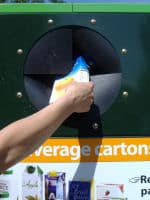
Councils in Kent have also been deterred from adding material at the kerbside due to the lack of processing capacity. However, the local authorities have also raised concern over the limited time for which Tetra Pak supports bring bank collection schemes.
It is understood that the ACE UK funding only covers a two year period and after that time, the council is then expected to collect the material at their own cost.
In a statement to residents, Canterbury city council said that an offer to pay for a number of bring banks to be situated in the region and collected for a period of two years before being incorporated into kerbside collections was unsustainable.
A statement issued by the council said: This would cause problems as no sorting facilities in the UK would be capable of specifically sorting cartons without additional payment for an employee to do so.
And, in a meeting of Hampshire county councils Environment and Community Board in December 2007, the county council discussed the reasons for dismissing an approach from Tetra Pak to install bring banks in the local authority area.
The documents show that Hampshire had been offered a fully paid two-year collection scheme for drinks cartons, which would have seen it receive 1,100 litre brink banks are situated where the council requires them at up to five locations.
Collections would then have been carried out by a dedicated vehicle, transported to East London for bulking and then sent to an EU paper mill (Sweden).
Hampshire opted to reject Tetra Paks advances in December 2007 due to concerns over finite period of the offer from the company.
Sustainability
The local authority said, echoing Canterburys concerns, that the packaging manufacturer worked on the principle that the participating council would add Tetra Paks to their kerbside collections at the end of the two-year period and no longer subsidise the costs.
And, the issue of lack of support beyond a two-year scheme also led to Cornwall council rejecting the scheme.
The local authority said, in a fact sheet for residents, that it had reviewed Tetra Paks offer and said, while it was attractive, it had concerns over how the scheme would be developed and funded following the two-year pilot.
In addition, Cornwall said: Other high performing councils [for recycling] in the UK have examined the offer in detail and have also rejected it.
This fact sheet was incorporated into a kerbside recycling calendar issued in December 2010, to cover the next 12 months, which explained to residents that the council did not collect the material. The reasons given were:
- All of the cartons need to be exported to Sweden;
- Only 65 to 70% of the cartons are recycled, the rest are incinerated;
- Tetra Paks do not use any recycled product in its packaging. This means it is not currently economical for us to collect this material.
In Staffordshire, Newcastle-under-Lyme borough council, in the frequently asked questions (FAQ) section of its website waste and recycling section, indicated that there was no viable and affordable way for Tetra Paks to be collected and stating that it was difficult to recycle due to the three component elements.
Related Links
Other local authorities, like Harlow council, have previously collected Tetra Paks at the kerbside but have been forced to remove the material after changing waste and recycling treatment contracts.
In Harlow, the council had to drop it from its collections after switching its material recycling facility contract from Viridor to Veolia Environmental Services in July 2009. The switch to sorting material at Veolias Rainham site meant the inclusion of Tetra Paks had to be reviewed.





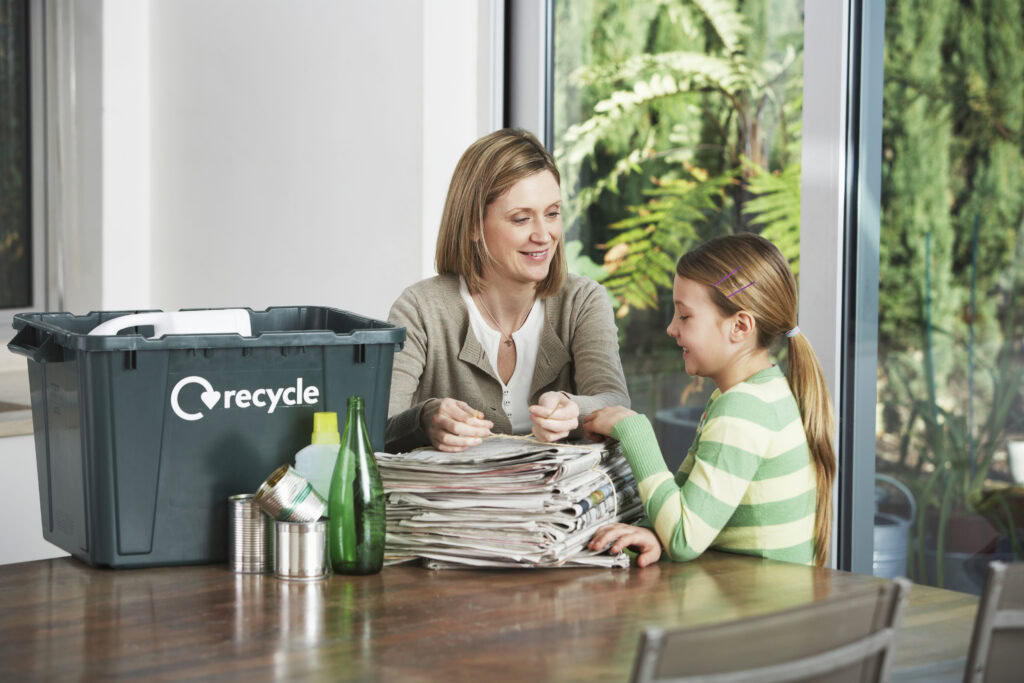
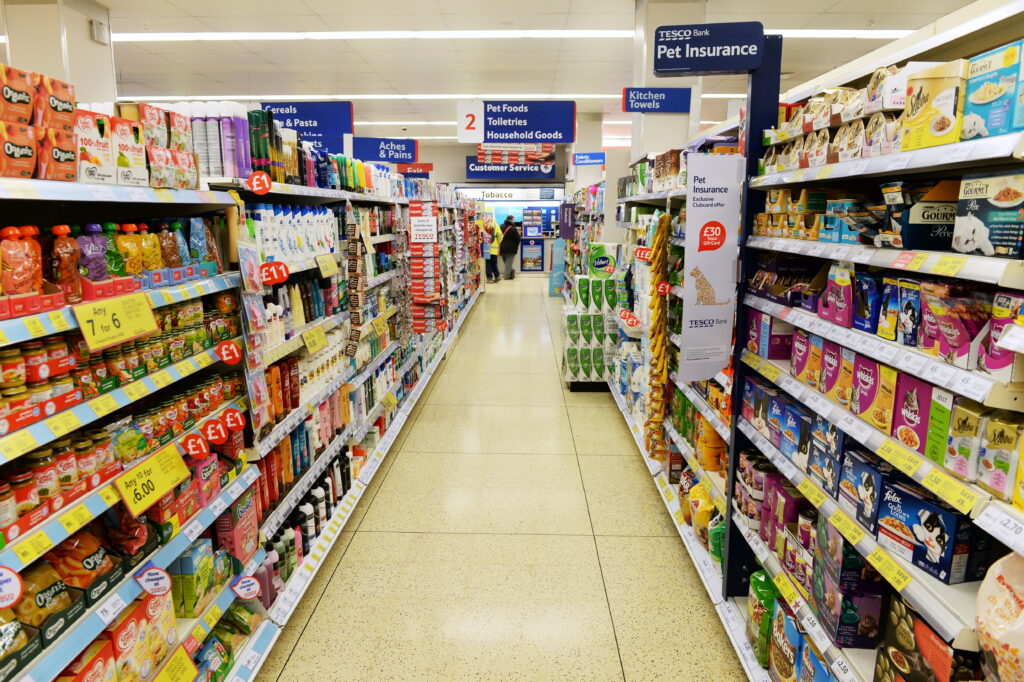
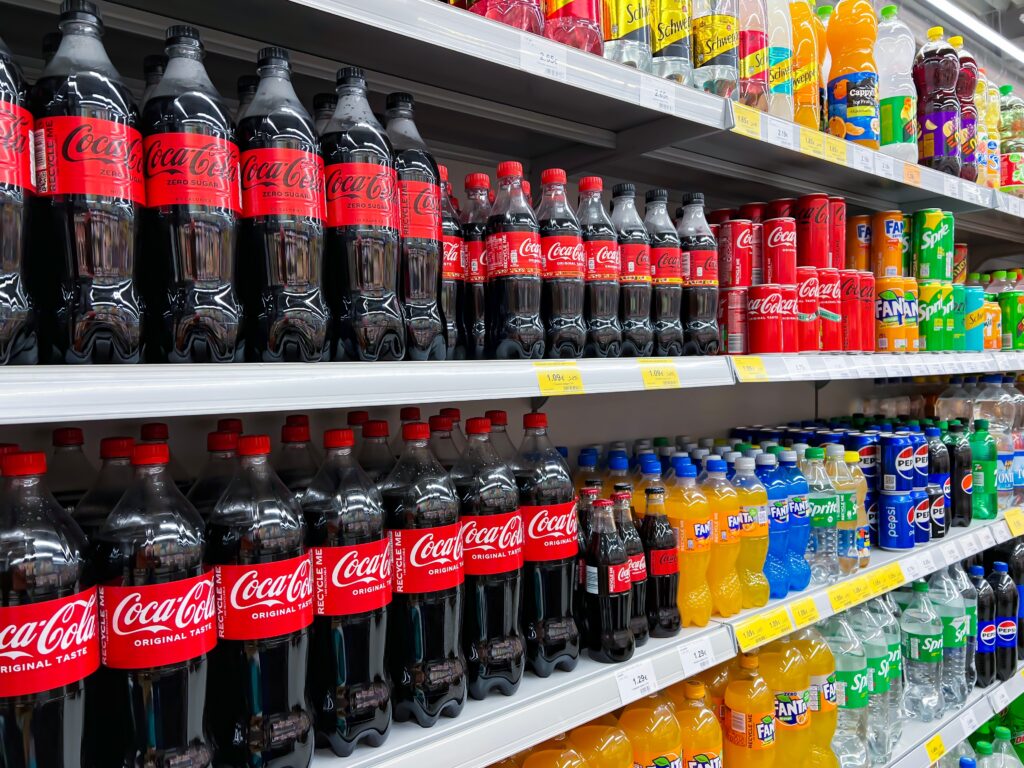
Subscribe for free